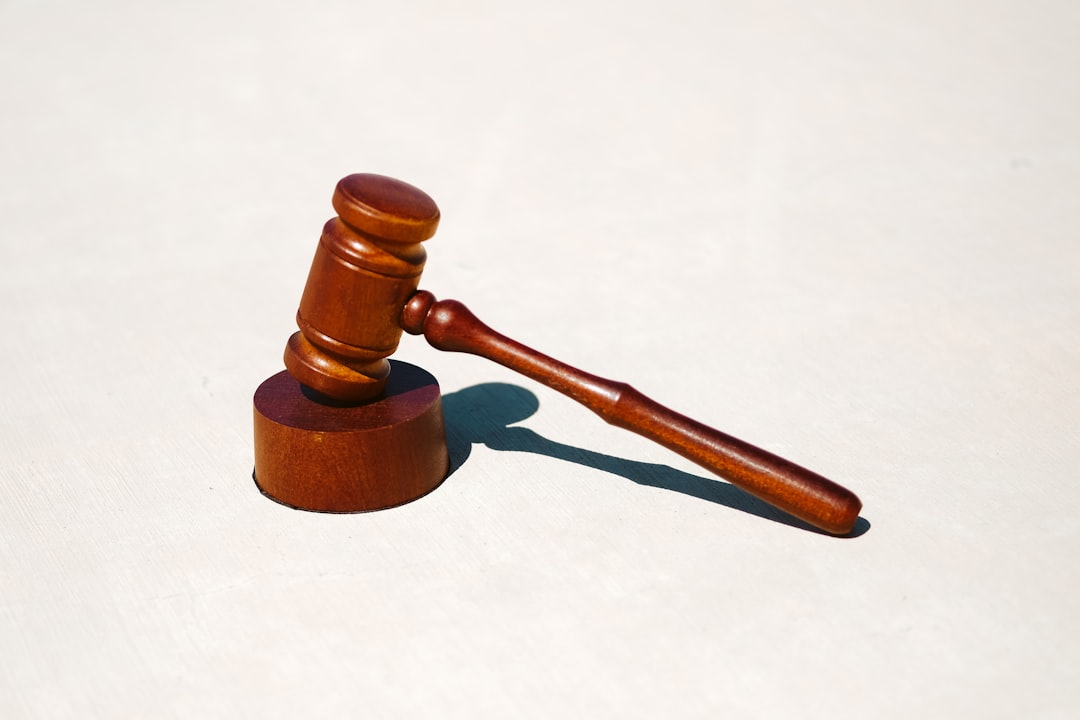The chain of custody, a critical process in sexual assault cases, ensures evidence integrity and admissibility through meticulous tracking from collection to court. Rape lawyers in Jersey City, NJ, play a vital role by implementing strict protocols, documentation, and secure handling to protect clients' rights and safeguard evidence validity, leading to fair outcomes.
In Hudson County, ensuring the integrity of sexual assault evidence is paramount to justice. The chain of custody plays a critical role in maintaining the admissibility and reliability of evidence. This article delves into the intricacies of proper chain of custody procedures, highlighting the vital contributions of rape lawyers in Jersey City, NJ. We explore best practices for documenting transfers, legal implications, and potential consequences for victims when the chain is broken. Understanding these aspects is essential to upholding justice and supporting survivors.
Understanding Chain of Custody in Sexual Assault Cases

In sexual assault cases, the chain of custody refers to the meticulous documentation and tracking of evidence from the moment it’s collected until its presentation in court. It’s a critical component that ensures the integrity and admissibility of evidence, especially delicate and sensitive material. For instance, in Hudson County, rape lawyers often emphasize the importance of a robust chain of custody to protect their clients’ rights and ensure a fair trial. This process involves clear protocols for handling, storing, and transporting evidence, with each handler responsible for documenting their involvement.
Proper procedures safeguard against any potential tampering or contamination of evidence, which could undermine its credibility. It includes details like time, date, location, and method of collection, as well as the names of all individuals who come into contact with the evidence. This meticulous approach allows for a clear audit trail, enabling lawyers to challenge any irregularity and maintain the reliability of the proof presented in court.
The Role of Rape Lawyers in Ensuring Evidence Integrity

Rape lawyers in Jersey City, NJ play a pivotal role in maintaining the integrity of sexual assault evidence by ensuring a meticulous chain of custody. These legal professionals are experts in navigating complex legal procedures and understand the critical importance of preserving evidence to support their clients’ cases. They meticulously document every step of the evidence collection process, from the initial scene investigation to laboratory analysis, to ensure its admissibility in court.
By employing strategic protocols and staying abreast of legal guidelines, rape lawyers help prevent any tampering or contamination of evidence. They work closely with law enforcement, medical professionals, and forensic experts to establish a secure and traceable chain of custody, ensuring that all handling and transportation of evidence are documented and witnessed. This rigorous approach safeguards the validity of the evidence, ultimately contributing to fair and just outcomes in sexual assault cases.
Documenting Each Transfer: Best Practices for Hudson County

In Hudson County, maintaining a meticulous chain of custody is paramount in sexual assault cases, ensuring the integrity and admissibility of evidence. Best practices dictate that each transfer of evidence be meticulously documented to preserve its traceability. This involves creating detailed records at every stage, including initial collection, processing, storage, and subsequent submission or presentation in court.
Rape lawyers in Jersey City, NJ, often emphasize this aspect as it can significantly impact the strength of a case. Proper documentation includes logging each piece of evidence with unique identifiers, recording dates and times of transfer, and listing responsible personnel to verify the unbroken chain of custody. These protocols ensure that evidence remains unaltered and reliable, providing a clear narrative for both investigators and the court.
Safeguarding Evidence: Legal Implications and Standards

Maintaining a proper chain of custody is paramount in sexual assault cases to safeguard evidence and ensure its integrity. This process dictates the handling, transportation, and storage of physical evidence from the scene of an assault to the courtroom. In Hudson County, as with any legal jurisdiction, adherence to strict protocols is essential. Failure to do so can result in evidentiary exclusion, significantly impacting the case’s outcome, especially for victims seeking justice.
Legal standards require that all parties involved—from law enforcement officers to laboratory technicians—are aware of their roles in preserving evidence. This includes documenting every step, maintaining detailed records, and utilizing secure containers to prevent tampering or contamination. The consequences of breaking these rules are severe, particularly in rape cases where DNA evidence is crucial. Skilled rape lawyers in Jersey City, NJ, understand these implications and advocate for strict adherence to ensure their clients’ rights and the accuracy of the legal process.
When Chain Breaks: Potential Consequences for Victims

When the chain of custody is broken, it can have severe consequences for sexual assault victims. In Hudson County, as in many places, strict protocols are in place to ensure that evidence from a sexual assault case remains intact and traceable from collection to analysis. If this delicate process is compromised, it may lead to delays or even the exclusion of crucial evidence.
For victims of sexual assault, this can be particularly damaging. A rupture in the chain of custody could result in their evidence being deemed inadmissible in court, potentially hindering their ability to seek justice. In such cases, victims may face additional trauma and emotional distress, as the legal process becomes more complex and uncertain. Engaging reputable rape lawyers in Jersey City, NJ, who understand these intricacies can be invaluable in navigating these challenges and ensuring victims’ rights are protected.





